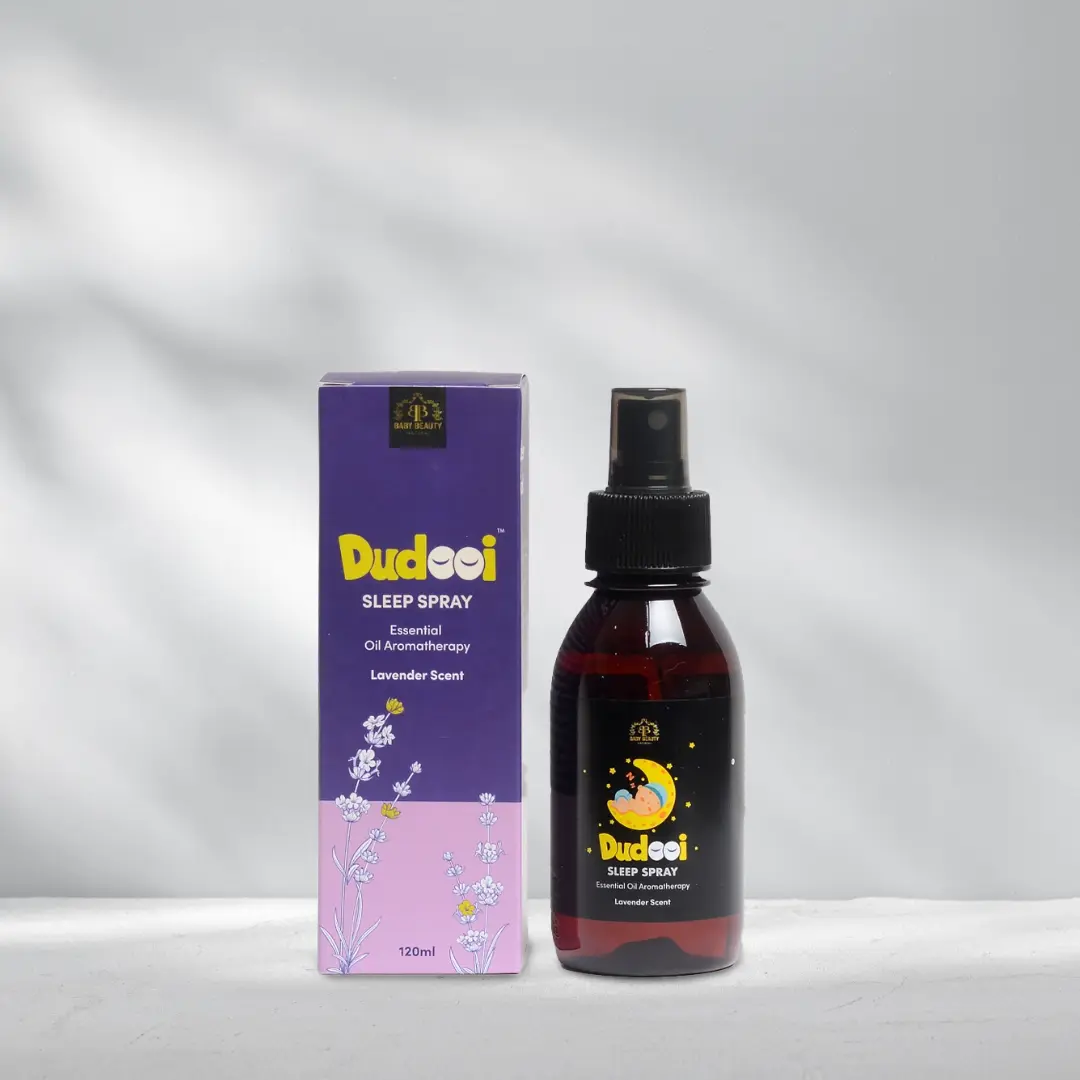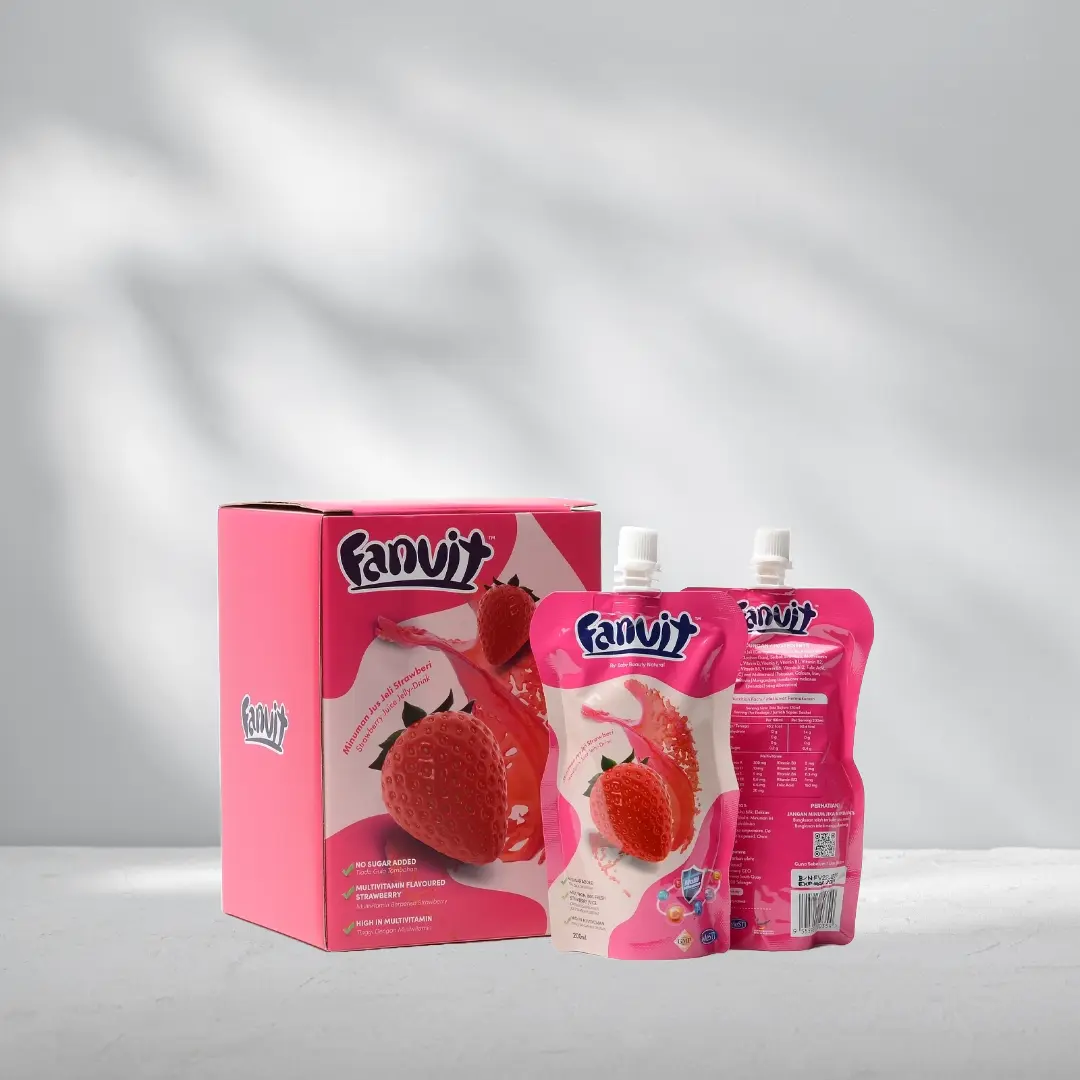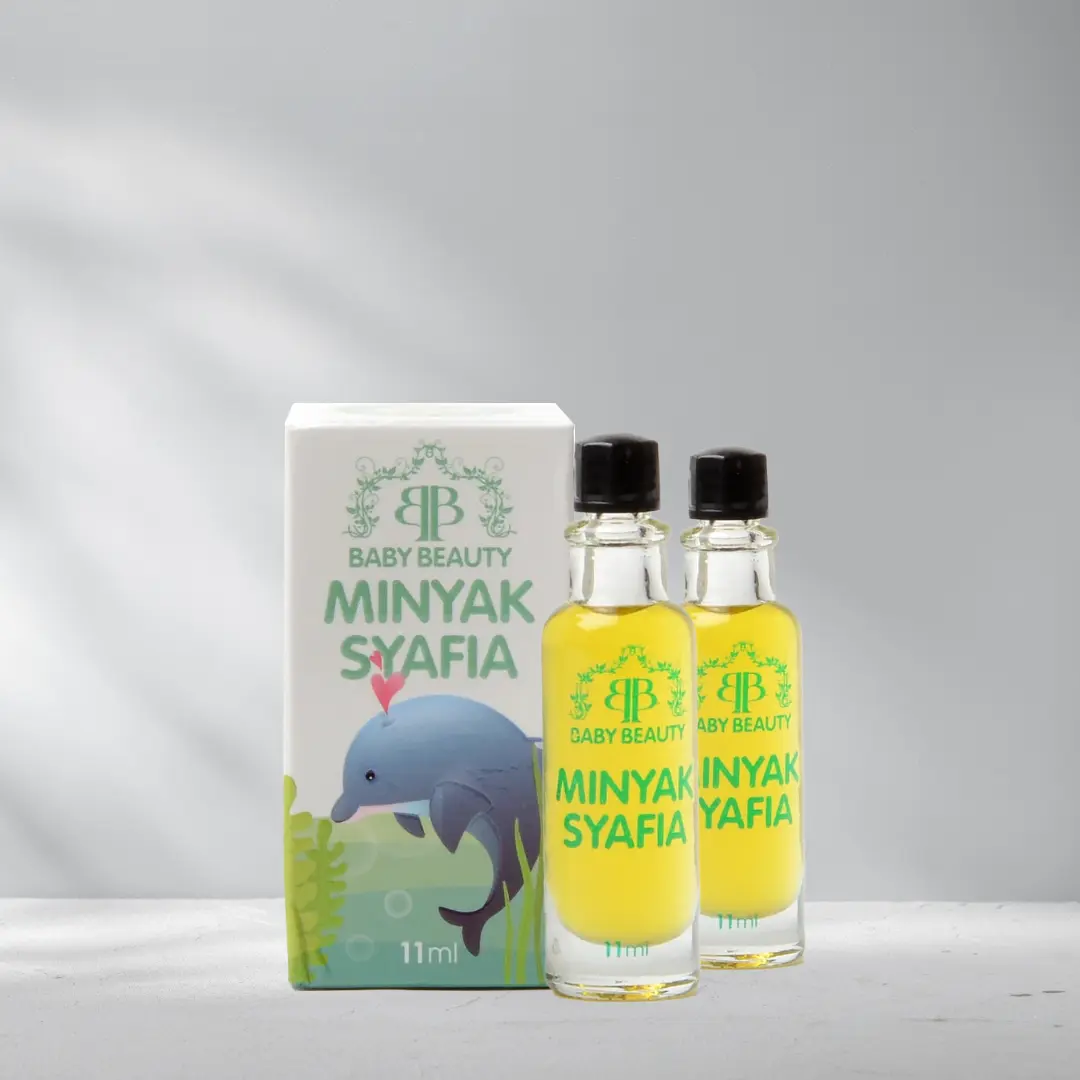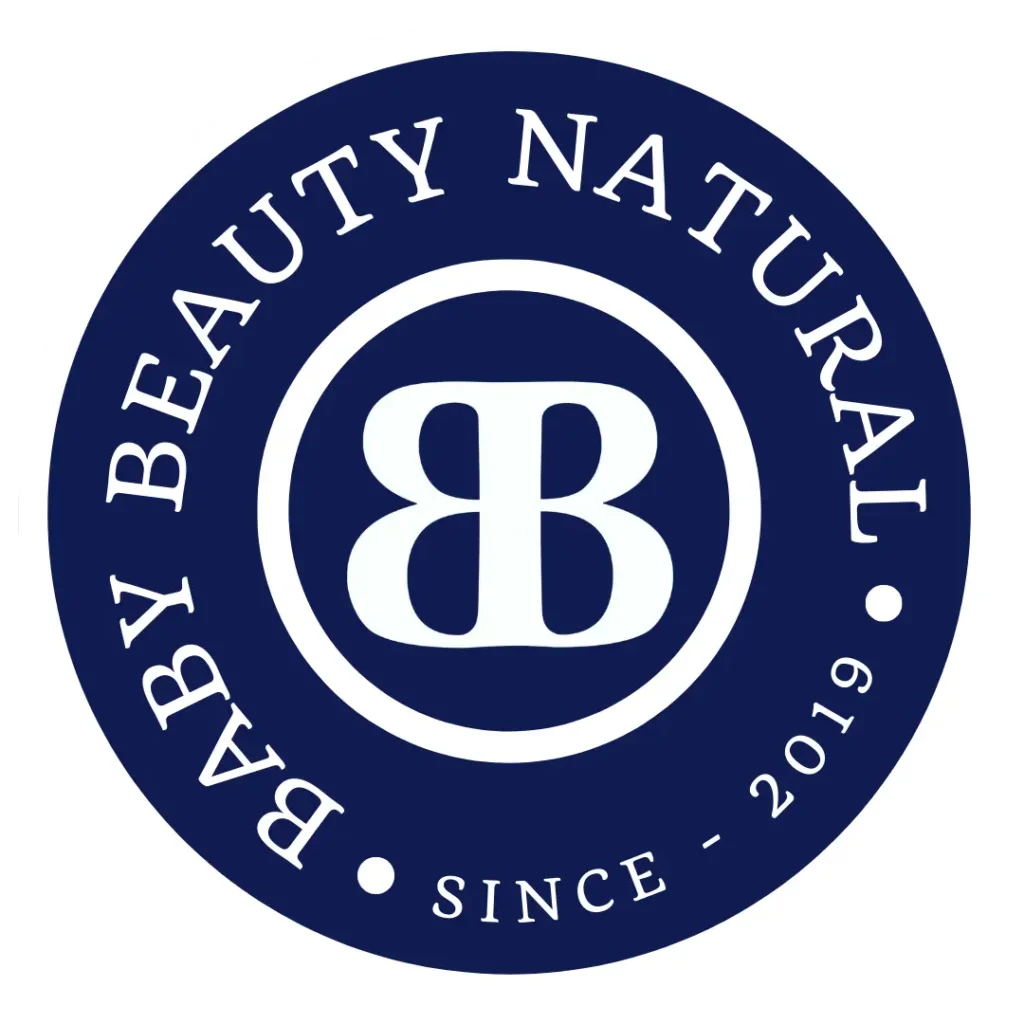Baby develop a healthy immune system by going through life experiences.Your baby’s sniffles and coughs are facts of life, but there are potential methods that may help strengthen your baby’s immune system.
Babies coo, cry, giggle, and sleep. They also grow at what feels like a breakneck, blink-and-you’ll-miss-it speed. There’s more to that growth than meets the eye; as babies hit milestones like rolling over and crawling, they’re also making important strides in their internal and external development.
One of the most significant developments during infancy is that of the immune system. When baby is born, her body can’t yet fully fend for itself—it relies instead on passive immunity, passed down from mom or ready-made antibodies. It’s not until babies are around 3 to 6 months of age that they’re able to produce antibodies on their own, and the overall immune system is not fully developed until children are 4 or 5 years old.
Suffice it to say, sniffles and coughs are facts of life as baby adjusts to life outside the womb. But as parents, we would do absolutely everything to limit the risk of our little ones developing illnesses. Boosting baby’s immune system is a great place to start—here are 4 potential ways of doing so:
1. Provide baby with immunity-boosters in the womb:
Research has shown that what you eat while pregnant may affect not only your baby, but up to three future generations as well (talk about pressure!). Babies in the womb will take all the nutrients they can get, whether you have any to spare or not—so the more you can provide, the stronger their immunity will become. Your diet while pregnant should be packed with nutrient-dense foods that deliver calcium, iron, folic acid, and vitamins A, C, D, B6, and B12. Powerhouse foods like broccoli, bananas, leafy greens, and nuts deliver multiple benefits in a single serving.
Bodies (pregnant or otherwise) absorb nutrients best through food, but many obstetricians advise supplementing with vitamins as necessary. The prenatal vitamin that sits best with your stomach, dietary restrictions, and lifestyle is up to you. We recommend looking for one made from 100% whole food sources, since these tend to be easier to absorb and therefore gentler on a delicate stomach.
2. Consider your birth plan, too:
Each birth is an absolute miracle—and it’s also a critical factor for determining baby’s future immune system. How you’re able to deliver is entirely dependent upon your risk factors, birth plan, and body, but some studies show that babies who pass through the birth canal (as opposed to cesarean delivery) might be given a natural leg up on immunity.
That’s because natural birth exposes baby to a whole slew of beneficial microbes, some of which could have a positive impact on a child’s long-term health. While C-section births are, at times, medically necessary, overall rates have risen 48% in the United States since 1996—suggesting a trend in elective cesarean delivery. As always, please consult with your doctor, but if it’s possible for you and your body, research indicates that a natural birth might reduce the odds of babies going on to develop Type 1 Diabetes, hay fever, and asthma.
For mothers who do plan to deliver via C-section, there’s a growing body of evidence that suggests vaginal swabbing post-birth may yield some of the same benefits as natural birth.
3. Baby develop a healthy diet by starts early:
Again, this is dependent upon your lifestyle and other personal factors, but studies have shown that breastfeeding could help protect baby from infections and immunologic diseases, like allergies. That’s because nature has wired breast milk to help baby strengthen his immune system; the thick milk produced in the first couple of days post-birth, known as colostrum, is especially rich in antibodies.
4.
Baby develop a healthy body by exercise, preferably outside:
Everyone, including babies, benefits from exercise. The more activity your little one gets, the more likely he is to tucker himself out—and get the rest that’s so vital for his development.
Whenever possible, get baby outside for her “workout.” The fresh air provides respite from potential indoor pollutants, and the general outdoors works wonders on both developed and developing immune systems. Spending time outside may even promote good vision down the line.
But do avoid exposure to direct sunlight until your newborn is at least six months old; baby’s sensitive skin burns easily and is too absorbent for the chemicals found in typical sunscreens.









